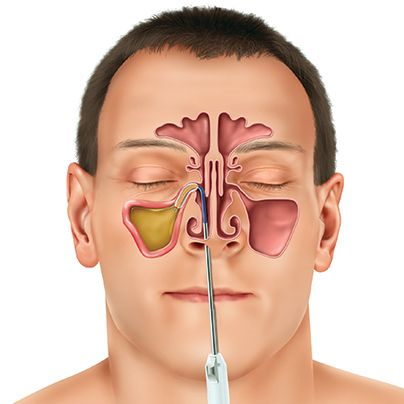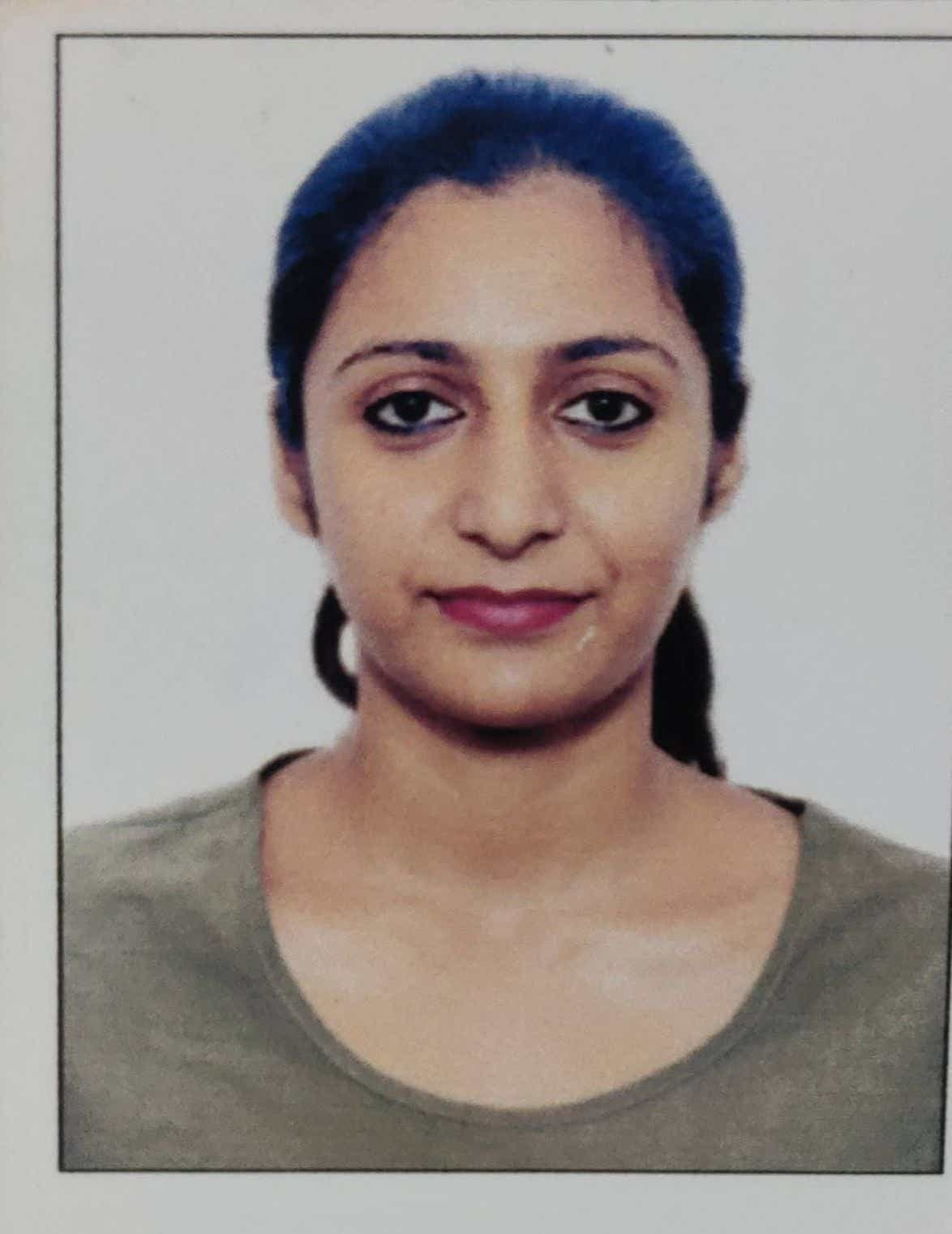What is FESS?
Functional Endoscopic Sinus Surgery (FESS) is a minimally invasive surgery in which the ENT surgeons use nasal endoscopes to locate the infected and inflamed parts of the sinuses and then drain them to relieve the patient’s symptoms. It is a highly effective sinus infection surgery with a success rate of over 80-90%.
Since the surgery is performed internally through the nostrils, there is no scarring or bruising on the face. The surgery is called functional as its biggest objective is to restore the function of the sinuses and make breathing easier for the patient.







